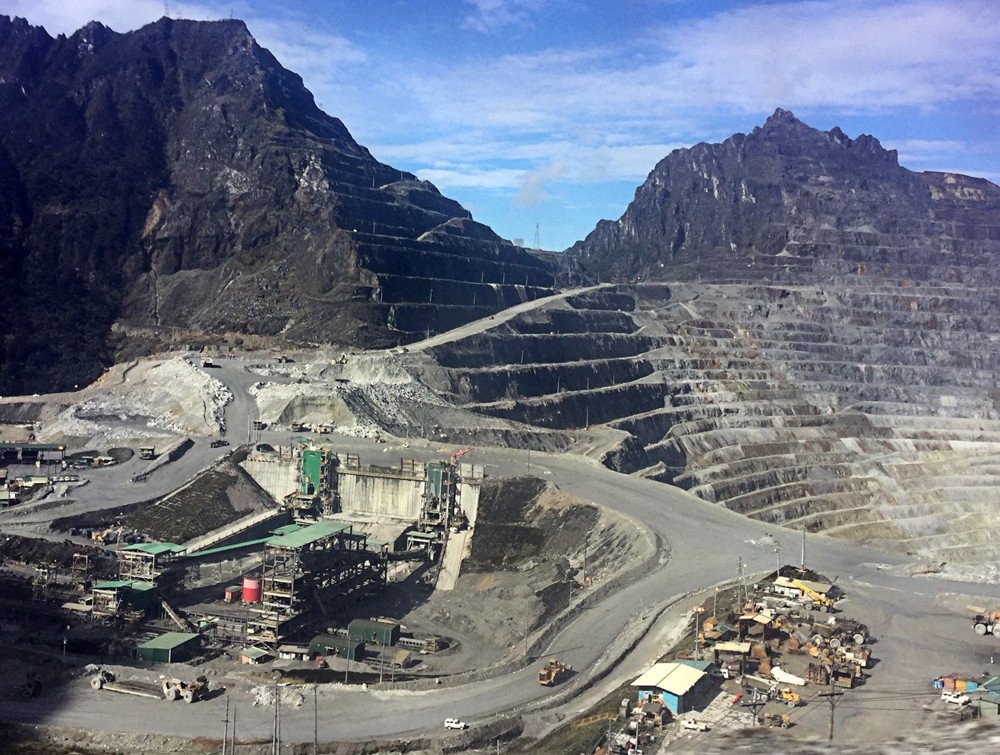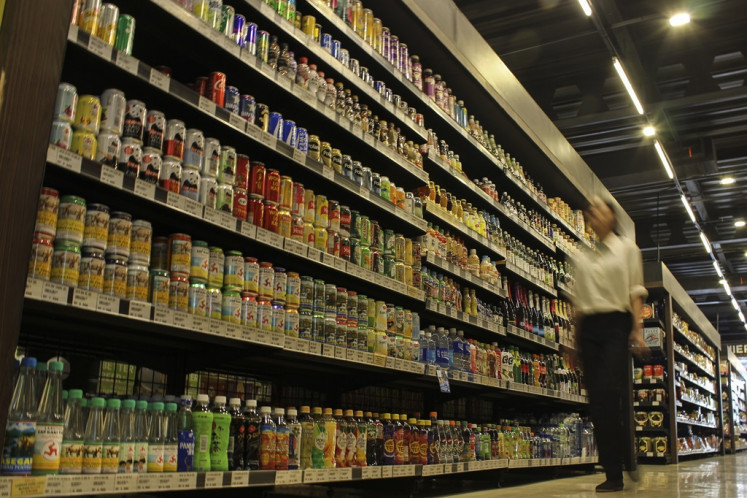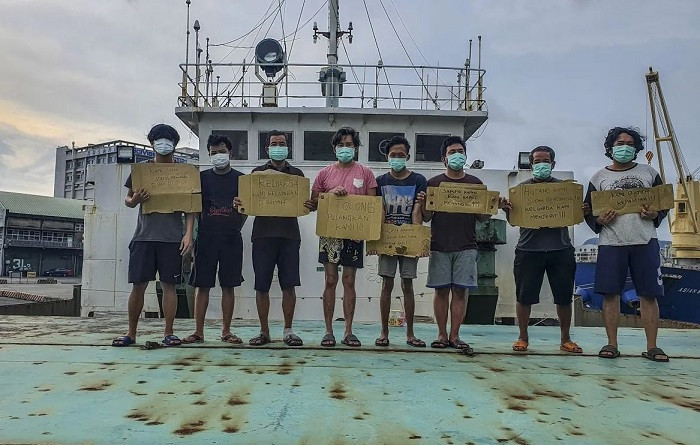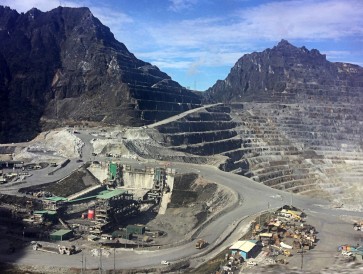Popular Reads
Top Results
Can't find what you're looking for?
View all search resultsPopular Reads
Top Results
Can't find what you're looking for?
View all search resultsFor Freeport, just follow Indonesia's wishes
The US policy shift against the Dutch in the 1960s was not necessarily for political and moral obligations toward Jakarta.
Change text size
Gift Premium Articles
to Anyone
“Many citizens resented the mining company’s reminder that without US support for the UN-organized Act of Free Choice in Papua in 1969, the result of the referendum could have been damaging for Indonesia. Freeport’s presence in Papua at that time was reportedly the main reason for the US’ decision to make it possible to reunite Papua with Indonesia.” (The Jakarta Post editorial June 24, 2015).
Puncak Jaya, the highest mountain in Papua, before the 1960s was believed to be the largest gold and copper mine in the world. In March 1962, the United States’ State Department sent a telegram to Jakarta’s embassy saying that top American diplomat Ellsworth Bunker would facilitate top-secret high-level negotiations between the Dutch and Indonesian governments.
The Dutch, according to US/ CIA declassified documents from 1962, “had to hand over West New Guinea [now Papua] to Indonesia regardless of Holland’s position.” The New York Agreement on Aug. 15, 1962, ultimately replaced Dutch colonialism with Indonesia’s rule over then West Irian.
The US policy shift against the Dutch in the 1960s was not necessarily for political and moral obligations toward Jakarta. It was not only a matter of the US’ own geopolitical economic interests but also its biggest worry over a continuing Indonesian shift toward communism should the Dutch hold on to Papua. On top of that, Washington had a “secret plan” for a long-term massive US investment in the territory.
Finally, under president Johnson’s administration, Indonesia’s foreign investment law was enacted on Jan. 10, 1967. The then Freeport Sulfur Company had the privileges and was the first to be licensed under president Soeharto’s government.
On April 5, 1967, the Indonesian government and Freeport Sulfur Company, through its subsidiary PT Freeport Indonesia, signed the first contract of work (CoW I). Accordingly, all subsequent difficult situations were supposed to have been resolved shortly thereafter, but were not.
Eight years elapsed; president Gerald Ford, accompanied by state secretary Henry Kissinger hosted president Soeharto at Camp David in 1975, one day after the US independence day commemoration. The two leaders shared three issues facing the two states, namely US military assistance to Indonesia, international investment and Portuguese Timor decolonization.


















